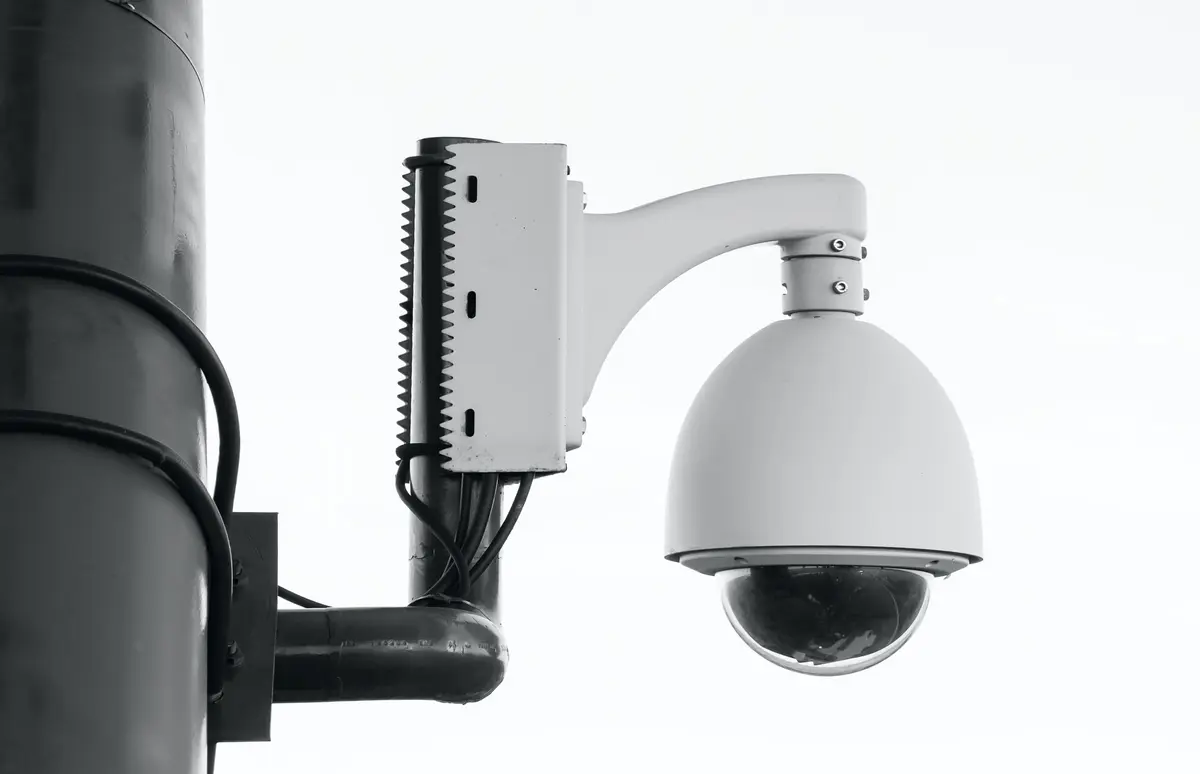Protecting Your Healthcare Data: The Importance of DNS Security
Over the past few years, the healthcare industry has experienced a concerning surge in cybersecurity threats. With the widespread use of digital medical records containing highly sensitive patient information, hospitals and healthcare organizations have become prime targets for malicious hackers. These cybercriminals aim to exploit vulnerabilities and gain unauthorized access to personal data. To address this growing concern, it is crucial to implement robust security measures and proactive strategies to safeguard patient privacy and protect the integrity of healthcare systems against evolving cyber threats.
Vulnerabilities in the Domain Name System (DNS)
One area of vulnerability is the Domain Name System (DNS), which translates human-readable website names into IP addresses. Every time you visit a website, your computer sends a DNS request to convert the website name into an IP address. DNS traffic constitutes a significant portion of internet traffic, with millions of queries occurring worldwide every second. Unfortunately, cyber attackers have exploited this system, especially in the healthcare sector.
Impact of DNS Attacks on Healthcare Organizations
DNS attacks are designed to redirect user traffic from legitimate sites to fake websites that aim to steal sensitive information. Traditional DNS architecture lacks adequate security measures, making it easier for cybercriminals to carry out these attacks. Moreover, hackers impersonate legitimate users to misuse DNS, redirecting unsuspecting individuals to dangerous locations where their data is stolen. Another technique employed by hackers is the Man-in-The-Middle (MITM) attack, where they intercept DNS traffic and redirect it to a fraudulent source.
Importance of DNS Security in Healthcare
Insecure domain name systems (DNS) in healthcare organizations can result in devastating data breaches that compromise the confidentiality, integrity, and availability of healthcare information. The consequences include financial loss, damage to reputation, legal liability, and regulatory sanctions or penalties. Therefore, it is imperative for healthcare organizations to prioritize DNS security to ensure the safety of patient information.
DNS Security Measures
DNS security works by employing Domain Name System Security Extensions (DNSSEC) which secures the DNS infrastructure by ensuring that data exchanged through DNS is authentic and hasn’t been tampered with by bad actors. DNSSEC enhances the integrity of the DNS, protecting users from phishing attacks, and providing additional guarantees that the DNS data is accurate.
Another DNS security measure is the implementation of a Domain Name System (DNS) filtering. DNS filtering uses real-time monitoring of DNS queries and can analyze traffic behavior to detect malicious patterns from cyber-criminals and attackers. It then alerts the network administrator and blocks the threat before it affects the network.
Lastly, healthcare organizations should implement quality IT infrastructure, update staff training, and undertake other supportive measures in risk management. Quality infrastructure includes equipment like firewalls, software packages like antivirus, operating systems, routing/switching, WAN optimization software, and data leakage prevention solutions that combats data breaches.
Conclusion
As we have highlighted in this informative blog post, a lack of robust DNS security measures can potentially expose healthcare organizations to an array of cyber attacks, jeopardizing the confidentiality and integrity of sensitive patient information. In order to safeguard this critical data, it is of utmost importance for healthcare providers to adopt a proactive approach towards DNS security.
To achieve this, healthcare providers should collaborate with seasoned DNS experts to implement advanced security measures such as DNSSEC and/or DNS filtering, which serve as crucial components of a comprehensive security infrastructure. Additionally, it is vital for healthcare organizations to prioritize regular training sessions for their staff, equipping them with the knowledge and skills needed to effectively identify and mitigate cybersecurity threats.
Furthermore, healthcare providers must ensure that their third-party vendors adhere to similar stringent security policies and practices, ensuring the protection of patient privacy and data throughout the healthcare ecosystem. By diligently following these steps and integrating them into their operational framework, healthcare providers can confidently navigate the ever-evolving landscape of cybersecurity threats, safeguarding their invaluable data and ensuring the trust and well-being of their patients.




